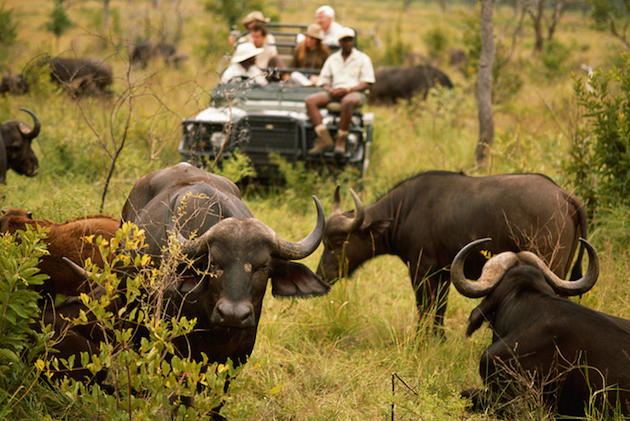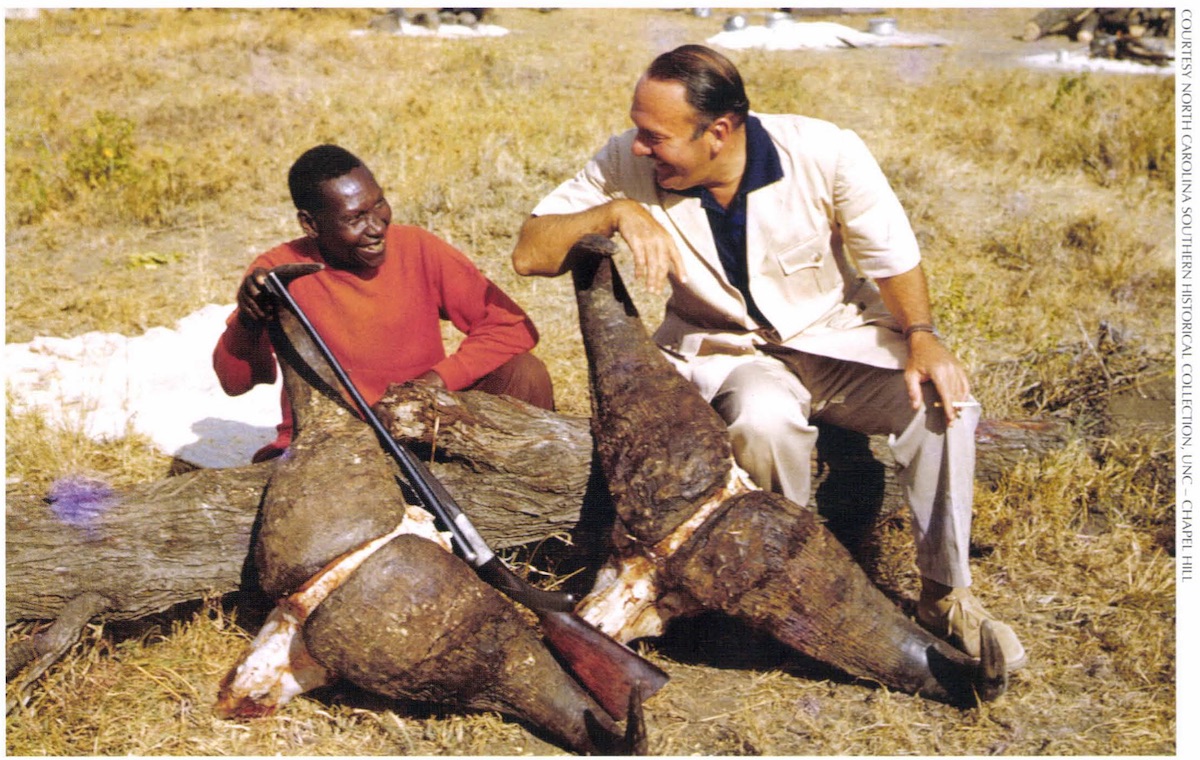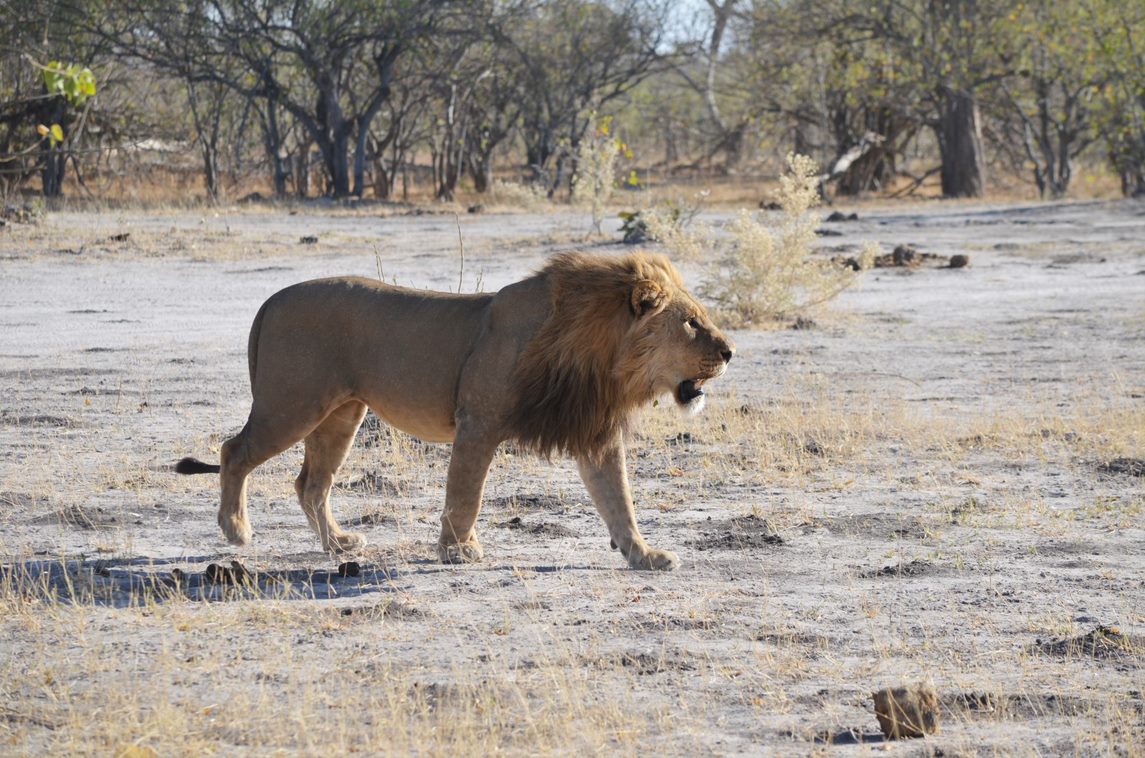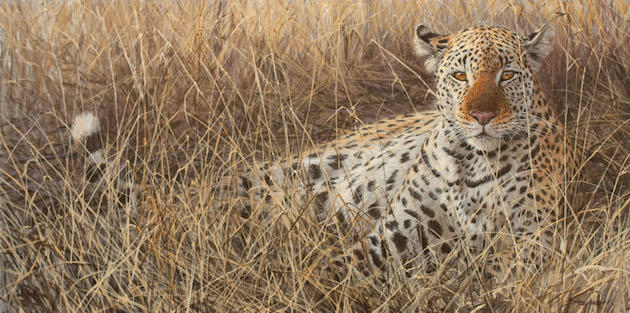Not knowing the local language on vacation can be embarrassing. Not knowing the local language on safari can be deadly. Here are 20 Swahili words to live by.
Traveling abroad can be difficult. Different customs and norms can be overwhelming when you’re totally immersed in a new culture. Throw in language barriers and the whole experience teeters on the edge of disaster. And that’s just on a vacation getaway. Travel to the Dark Continent and the stakes rise exponentially. Not knowing the Swahili words for “Stand still” or “To your left!’ means could be the difference in shipping home a trophy and being shipped back yourself.
Swahili is your best bet for an African second language. Several countries like Kenya and Tanzania have made it their official language, and estimates put the number of African Swahili speakers between 120 and 150 million people. The following words and phrases are useful for anyone on safari. Some will be recognizable to moviegoers; some will hopefully never be needed.
20 Swahili Words and Phrases to Know on Safari
Asante – “Thank you”
Maji – “Water”
Pale – “There”
Tafadhali – “Please”
Hapana – “No”
Ndio – “Yes”
Hatari – “Danger”
Moto – “Hot”
Kula “Eat”
Boma – “Fence, protected area”
Kubwa – “Big”
Simba – “Lion”
Tembo – “Elephant (can also mean liquor)”
Risasi – “Bullet”
Kuua – “To kill”
Kupiga – “To shoot”
Nzuri – “Good”
Mbaya – “Bad”
Rafiki – “Friend”
Nisaidie, tafadhali! – “Help me, please!”
If none of these come to mind, remember “Siwezi kusema Kiswahili.” I can’t speak Swahili.
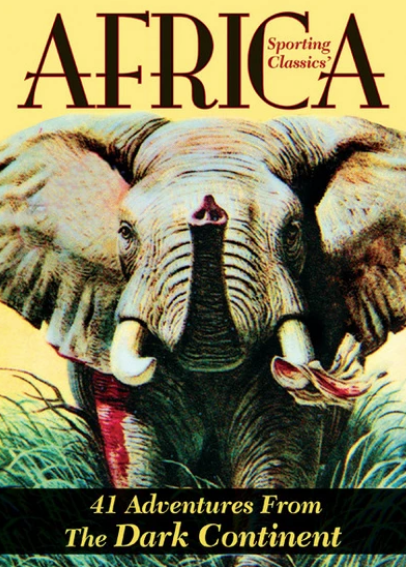 Over the past three decades Sporting Classics has published more than 100 articles and columns on sport and wildlife conservation in Africa. This anthology, which commemorates the magazine’s 30th anniversary, features the best of those stories. Many talented, dedicated people made this book possible, particularly the authors who eagerly shared their stories.
Over the past three decades Sporting Classics has published more than 100 articles and columns on sport and wildlife conservation in Africa. This anthology, which commemorates the magazine’s 30th anniversary, features the best of those stories. Many talented, dedicated people made this book possible, particularly the authors who eagerly shared their stories.
Driven by the hunter’s passion to look into the eyes of a cape buffalo, follow the tracks of a bull elephant, or match wits with one of the great cats, some of our greatest writers have chronicled what Africa was to them. Shop Now

